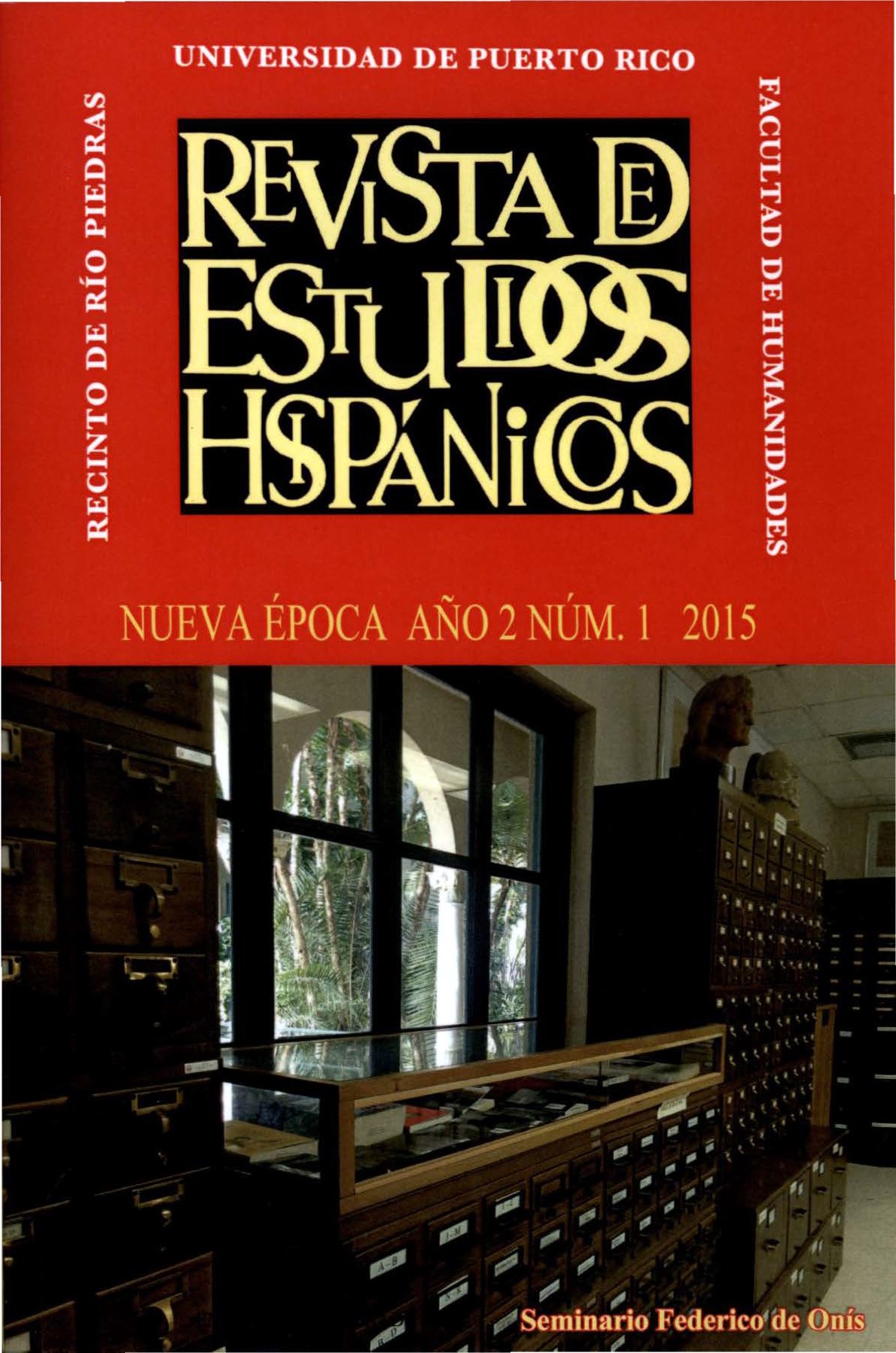Abstract
The cultural magazines had a central role in the divulgation and consolidation process of avant-garde movement in Europe and Latin America. In Ecuador, the Hélice magazine emerged as a creative and cultural proposal to aim to modernize national arts and letters with the publication of the European avant-garde ideas and the presentation of the national art. In this sense, Hélice openly criticized the traditionalist attitude, which was characterized by blindness and statism, and prometed in his pages the creation of a modero Ecuadorian art, in which local concerns and interests were mixed with innovation and vitality of the European avant-garde.This work is licensed under a Creative Commons Attribution-NonCommercial 4.0 International License.
Downloads
Download data is not yet available.

